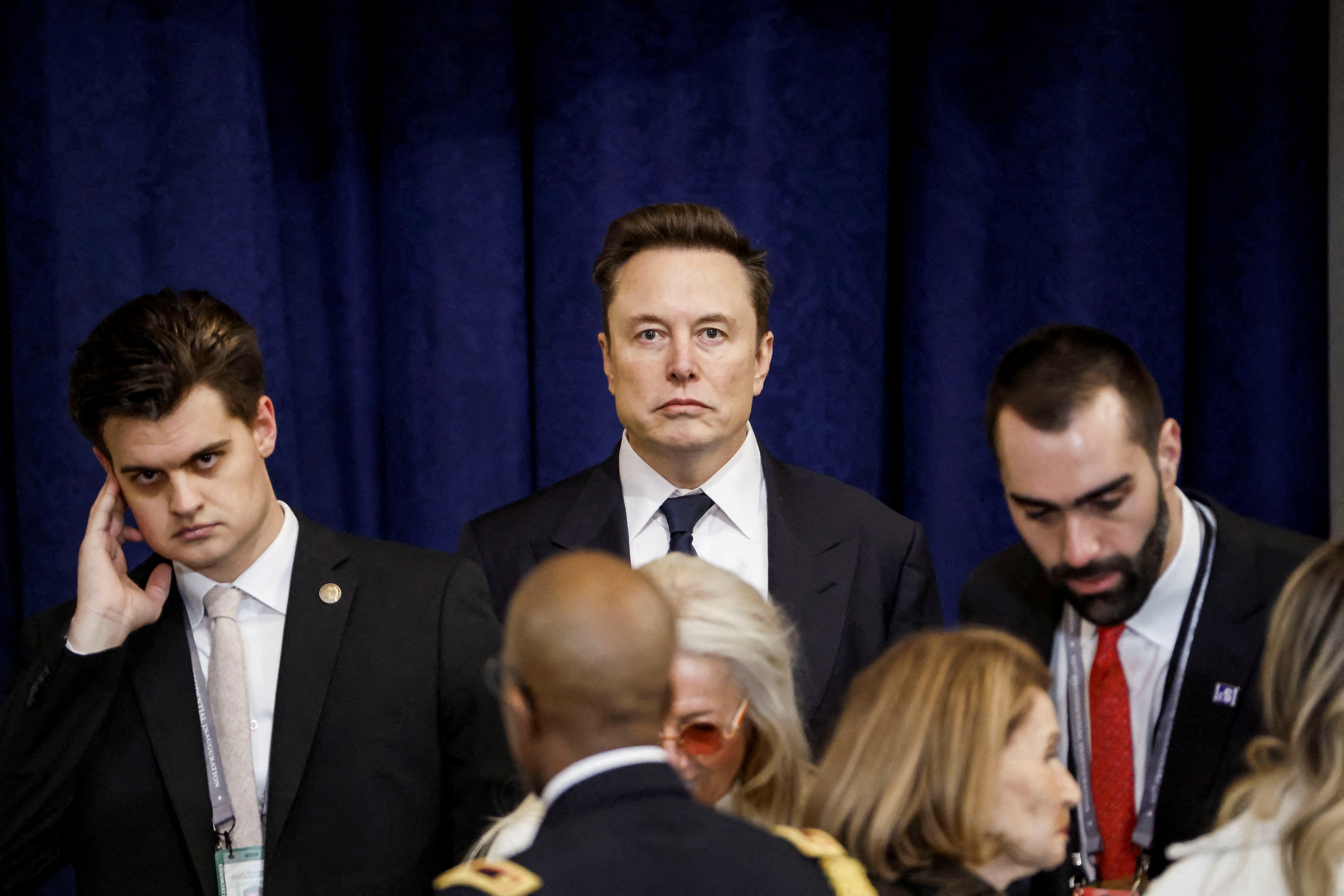In their first public rupture since taking office, Musk threw shade at Stargate on X, casting doubt that the companies had the financing to achieve the project’s goals. The companies have disputed his claim, and skeptics wonder if the spat is a continuation of Musk’s ongoing feud with OpenAI CEO Sam Altman.
“Trump, like Biden before him, is clearly embracing AI as a potential source of economic growth and investment,” says Eurasia Group’s geotechnology expert Scott Bade. “Whether all $500 billion will eventually happen is another question.”
We will be watching whether Trump responds to Musk’s disapproval of the bill, but Bade says the project could face further obstacles: namely, energy.
“Despite moves by Biden last week to ease permitting reforms for AI data centers, energy will still prove an obstacle for a project this massive. That will require further action by the Trump administration.”
Want to stay up to date on the latest AI news? Be sure to subscribe to our tech newsletter, GZERO AI, here.
